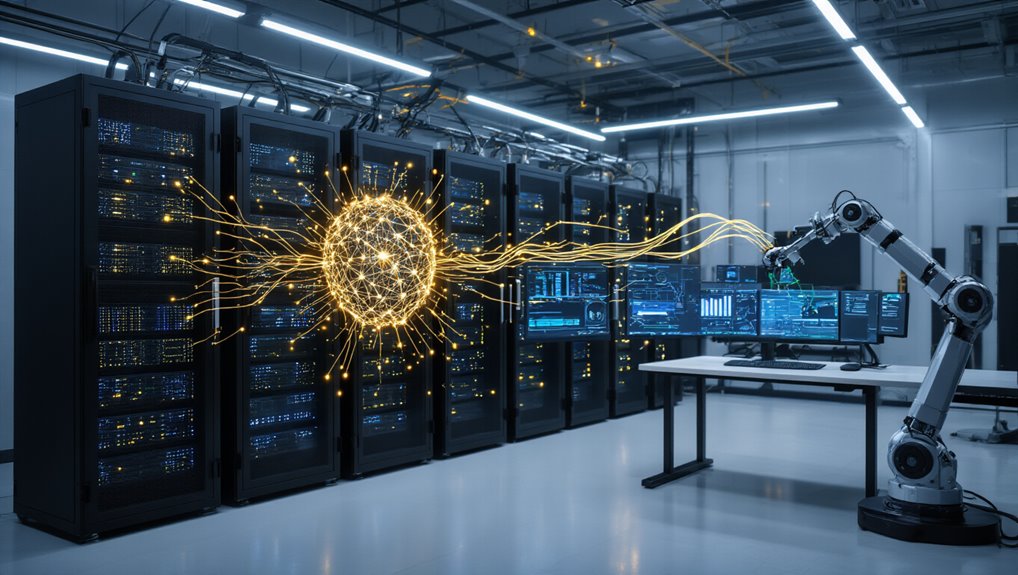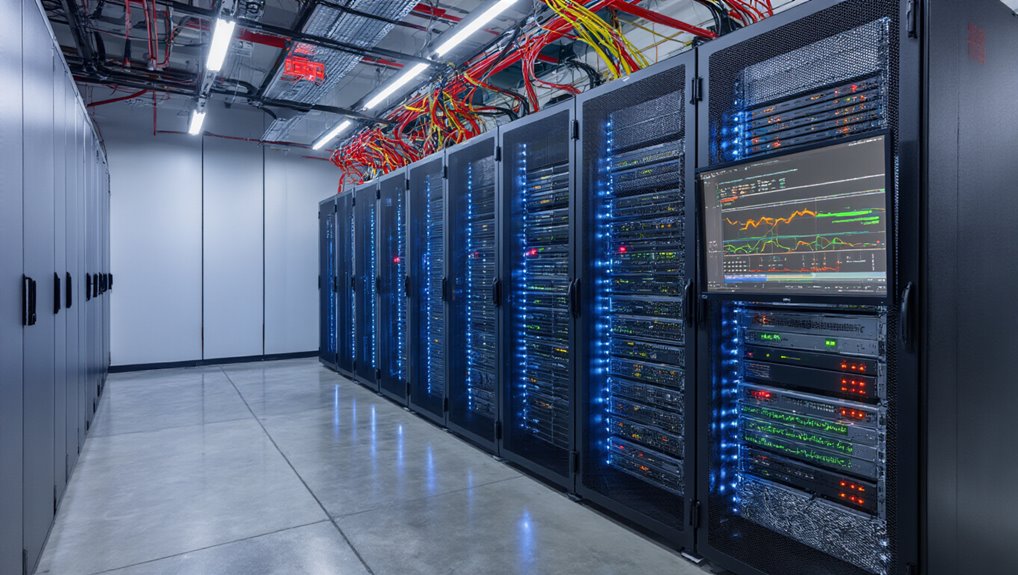Artificial Intelligence is revolutionizing IT support operations, slashing resolution times by up to 50% across industries. This dramatic improvement comes as organizations implement AI-powered automation and predictive support systems that identify and resolve issues before they escalate.
First response times have similarly improved by 37%, enabling faster customer engagement and satisfaction across global markets.
India continues to strengthen its position as a global IT service leader by rapidly adopting these technologies. Companies are reporting that AI-powered systems can now handle up to 80% of routine inquiries autonomously, freeing human agents to focus on more complex issues that require critical thinking and empathy. This aligns with research showing that 82% reduction in resolution times leads to significant operational efficiency.
India leads the global IT revolution through AI adoption, enabling automated handling of 80% of inquiries while elevating human expertise.
This shift has resulted in average handle times dropping by 40%, directly boosting operational speed and efficiency. Recent studies show that developers using AI assistance completed tasks 55.8% faster than their counterparts without such support.
The economic impact is substantial. Organizations implementing AI solutions see up to 68% reduction in peak-time staffing needs due to automation capabilities. Global contact center labor costs are projected to decrease by $80 billion by 2026 through continued AI adoption, with companies like NTT DATA already achieving up to 65% automation in IT service desks. Companies that implement integrated systems report 92% lower customer churn rates while significantly improving organizational efficiency.
Customer experience metrics reflect these improvements as well. Approximately 80% of customers report positive experiences with AI-powered service, citing rapid responses and 24/7 availability.
This satisfaction translates to tangible business results, with repeat purchases increasing by 36% when customers receive faster, automated service.
The technology landscape continues to evolve rapidly. By 2026, 40% of enterprise applications will feature task-specific AI agents, up from less than 5% in 2025. Additionally, 40% of generative AI solutions will be multimodal by 2027, processing text, image, audio, and video simultaneously.
While these advancements bring significant benefits, they also create workforce challenges. Between 20-30% of service agent roles may be replaced by AI by 2026, according to McKinsey.
However, forward-thinking organizations are developing hybrid human-AI collaboration models that focus on augmentation rather than replacement, ensuring continued innovation and service excellence in the global IT support landscape.









